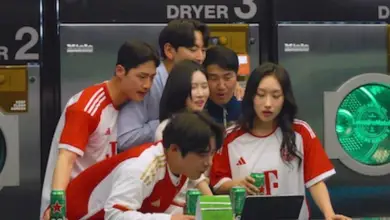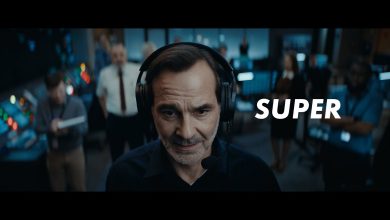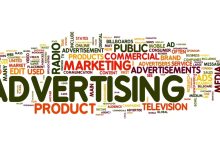Giles Keeble: does the Lexus AI ad takes us any further?
I have written about AI before, wondering whether ads produced by AI might be as good as, if not better than, many of the ads we see on our screens produced by humans. Well, Lexus and their agencies have now done one: a script generated by computers. It’s an interesting approach, the machine and driver mirrored by the AI and human director. The car has been created by a Takami craftsman and has a ‘mind’ of its own which makes the driving experience of man and machine ‘intuitive’. I am not convinced computers can be intuitive though instinct and feelings can be fed into them to generate facts or data that could possibly then resemble expressions of ‘feeling’. As I understand it, that’s what happened – computers were fed examples of award-winning car ads and relevant ‘emotions’ to produce a script which was then shot by a human director.
The first question is to ask whether it passes a simplified Turing test: can we tell it’s an ad written by computer? My previous comments about inane ads aside, I think most people, would think it was just another ad produced by people.
The next question: is it any good as an ad? From all the PR, it has certainly been a great piece of publicity for the Lexus brand (and its agencies, spearheaded by The&Partnership.) There is apparently a narrative, though I have to admit I – and a few others – struggled to understand the story. We see someone who is perhaps the creator of the car, the car (having a mind of its own) escapes, we see the obligatory winding road, then the car is captured and this is worthy of a TV news story watched by the creator and his daughter/wife? The car (having a mind of its own) resists. This makes the couple very happy. I may have missed something, but what I certainly missed was any reflection of the award-winning ads fed into the computers: not just Honda ‘Cog’ and ‘Grr’ but also ads from VW, Jeep, Chrysler, Volvo, Mercedes, Peugeot, Audi.
An idea is often the combination of two elements previously unconnected. This is also a pretty good description of a joke. The Lexus AI ad is deliberately not such a combination but a re-creation of existing executions. I am sure that a research department somewhere is programming computer generated jokes and I don’t doubt that one or two randomly generated jokes might even be funny, but I’d like to hear them. Could a computer have told the following joke? ‘What do you say to an arts graduate?’…”Big Mac and fries please’ It is possible that AI is going to make it harder for all those maths and science graduates to get the jobs that computers can now do better and quicker. There is a future for critical thinking, collaboration and creativity.
So, hats off to Lexus for their initiative. AI can clearly ‘create’ scripts to formulae, which agencies have been doing for decades. But for the moment, creative humans can add something to those formulae, or change them, or invent new ones that – at least for the moment – computers cannot do. (I think!)
But let’s imagine that all ads are generated by AI. As with Lexus (for the time being) a human director will be needed. And when I set up my new agency, AI & Partners, it will need a business partner, a strategy partner, and a creative partner to understand the client’s needs, come up with the most effective strategy and choose the most creative and involving (and dare I say, human) expression.
Quis custodiet custodies?









